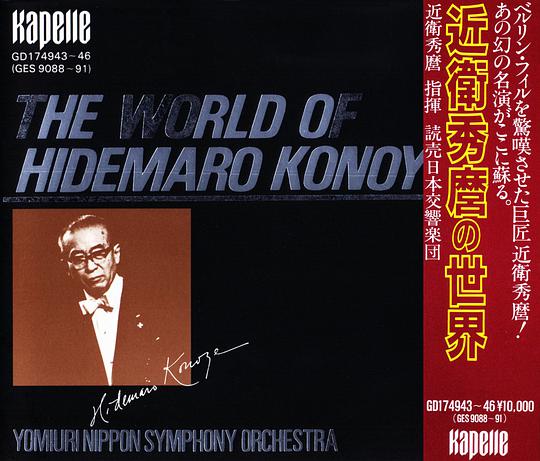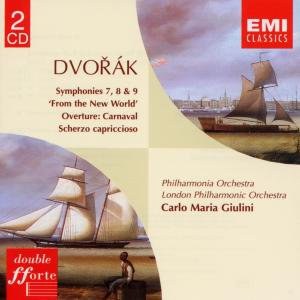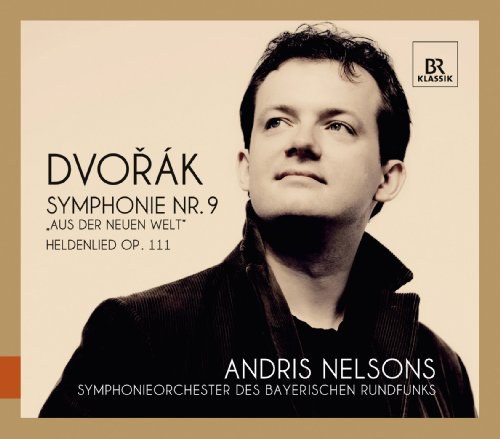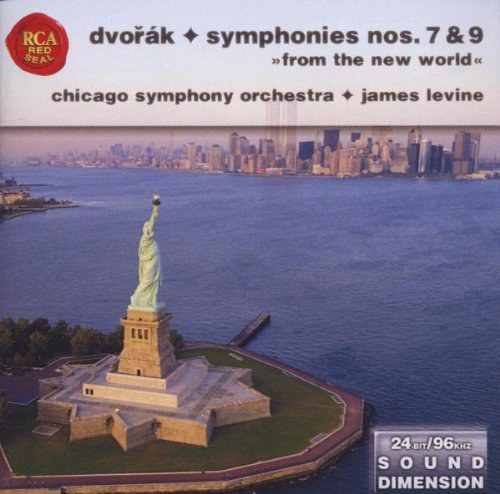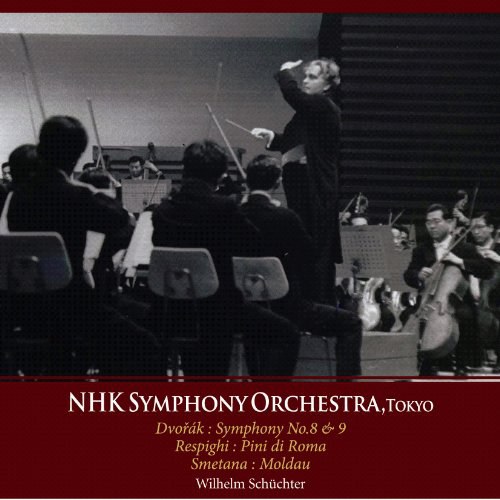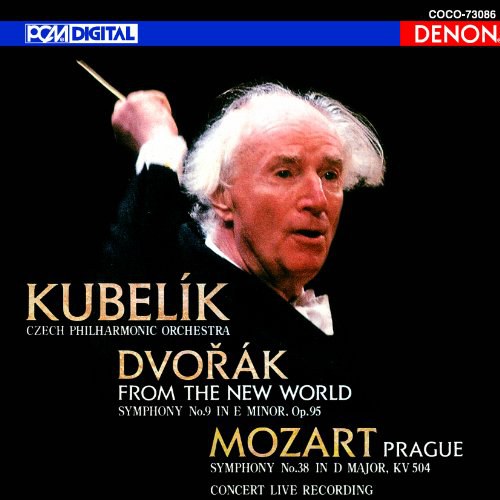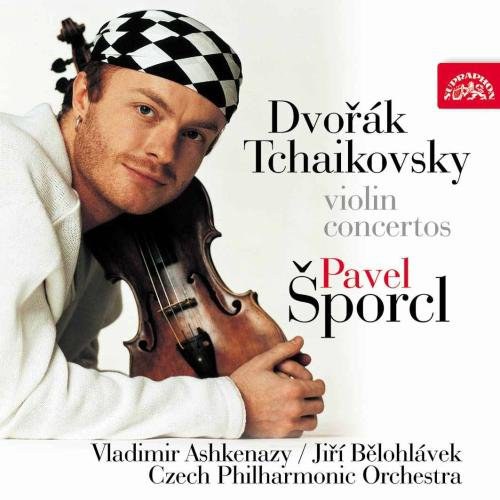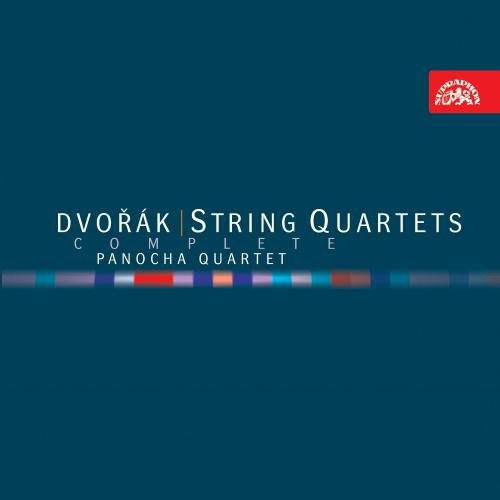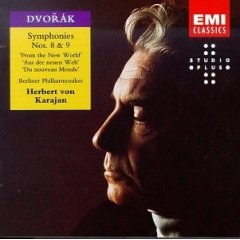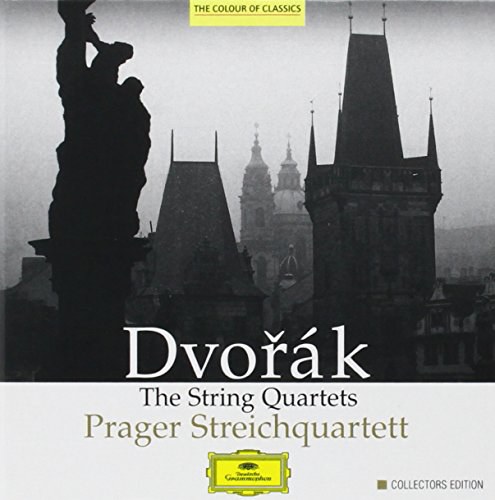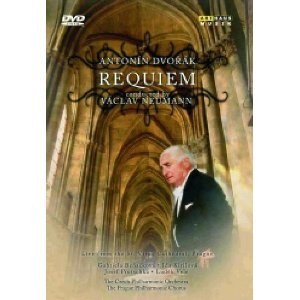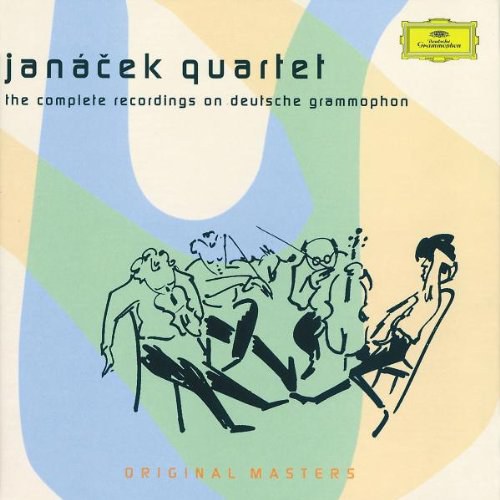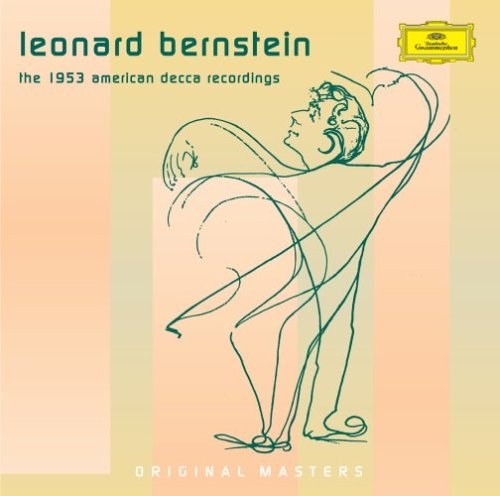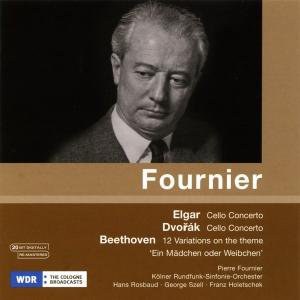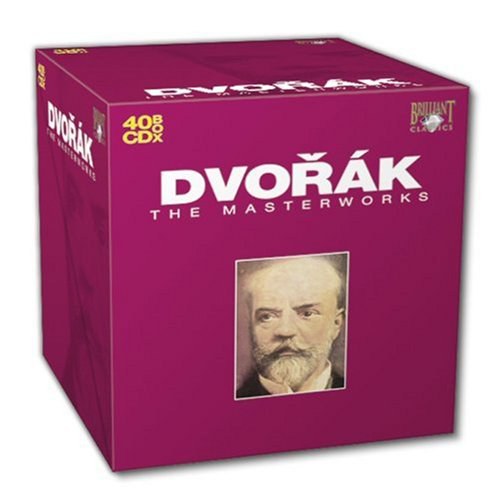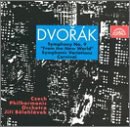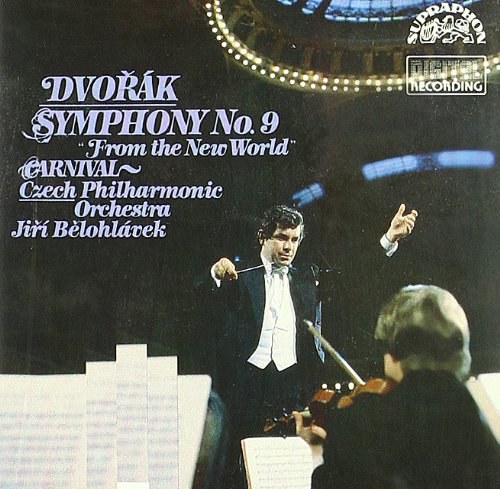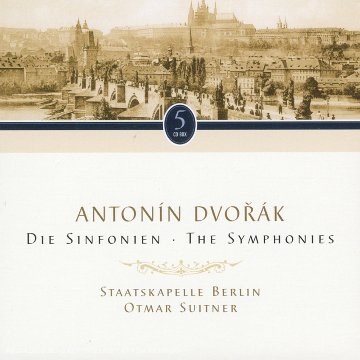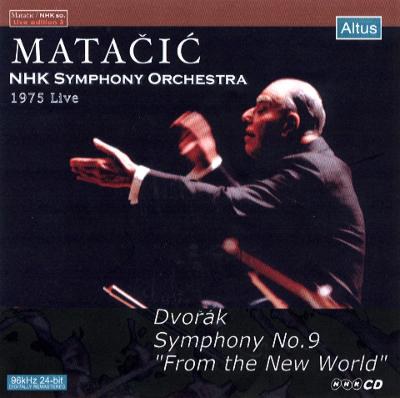Fournier first performed the Elgar Concerto in 1949. His recording with the Berlin Philharmonic and Wallenstein was made in 1967 and in between came numerous performances, amongst them this one, taped in Cologne in 1955. The conductor was Hans Rosbaud, a superb and still under appreciated, dedicated musician. Fournier represented the noble strain of the French School in this work, in which expressive gestures were at the service of architectural and structural goals – never a means in themselves. The most internationally famous French player of the concerto was Tortelier, who had studied it at college where it was taught, but Fournier’s natural aristocracy offered a valid alternative; Navarra’s rougher-toned but no less important place in this Trinity offered three great and fruitfully divergent approaches.
Since I’ve never made much of a secret of the fact that Franco-Belgian string players are probably closest to my heart it’s always a particular pleasure to encounter a broadcast such as this. That said Fournier is on slightly fallible form and pedants will want to note these slips. Intonation is certainly not infallible – Fournier was no Gendron when it came to matters of intonation – and he takes a little while to settle. Dignity and a refusal to linger are hallmarks of Fournier’s Elgar. He’s slightly broader in the slow movement here than in the Berlin recording but fractionally tighter in the first movement, takes exactly the same tempo in the Adagio; half a minute quicker in Cologne than in Berlin in the finale.
Rosbaud accents finely; the layering of the string choirs is frequently masterly, though he can’t have been that familiar with the work at the time. He certainly ensures shifting bow weights in the strings’ entries and attacks. Fournier makes a few finger slips in the Scherzo and seems to tire in the finale slightly where intonation occasionally suffers again. For those who prefer a lingering, long drawn out catharsis in this work French players are not your first port of call. I’ve always been more drawn to their way of thinking and to Anthony Pini’s – so, despite the blips, this is a treasurable reading.
Its companion sees Fournier teamed with a hero of the Dvořák discography – not least in this work – in the shape of George Szell. His talismanic recording with Casals in 1938 is irreplaceable but he and Fournier clearly enjoyed a sympathetic collaboration. Neither gave in to syrup. They recorded the work in Berlin in the early sixties; other Fournier performances have survived of course – there’s a fine broadcast disc in Prague with Georges Sebastian directing the Czech Philharmonic in 1959.
Fournier is on better technical form here. There’s no second subject wallowing, but nor is there the brutish stupidity of Toscanini’s account of this work – an abject disappointment – in which every subtlety and nuance is sacrificed to the dictates of speed. This conversely is a well structured, strongly argued, warmly expressive account all round. It’s certainly faster than the commercial recording made at around the same time but not worryingly so. The proportions of the piece are intact and the noble edifice of the slow movement and the culminatory reflections of the finale find noble interpreters in the two men. I must also note the very distinctive Cologne flautist. As a pendant there’s a witty performance of the Twelve Variations on ‘Ein Mädchen oder Weibchen’ from Mozart’s Die Zauberflöte with pianist Franz Holetschek.
Both the concerto performances are worthy adjuncts to, though not replacements for, Fournier’s commercial recordings.
by Jonathan Woolf (
)
